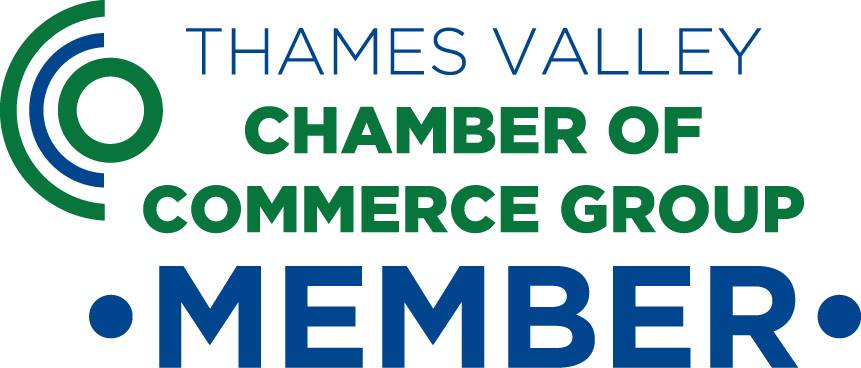In the ongoing discourse surrounding the return to office, one perspective stands out as particularly contentious: the notion that employers are eager to bring their employees back in-house primarily because they fear losing the ability to micromanage them remotely. While this may be deemed an unpopular opinion, delving deeper reveals compelling insights into managerial attitudes, organisational culture, and the dynamics of remote work.
The traditional argument for in-office work often revolves around themes of collaboration, innovation, and team cohesion. Yet, amidst these noble ideals lies a less-discussed but equally potent motivator: the desire for control. For some employers, the physical presence of employees in the office serves as a reassuring reminder of their authority and oversight. The ability to observe, monitor, and intervene in real-time provides a sense of security and validation, bolstering the belief that productivity is directly correlated with physical proximity.
However, this fixation on micromanagement overlooks the broader implications for employee autonomy, trust, and well-being. Micromanagement not only undermines morale and stifles creativity but also erodes trust between managers and their teams. Employees subjected to excessive oversight may feel disempowered, demotivated, and disengaged, leading to decreased productivity and increased turnover.
The shift to remote work forced many employers to confront their reliance on micromanagement and control. With physical distance separating managers from their teams, traditional methods of supervision became impractical, if not impossible. Instead, employers were compelled to embrace a results-oriented approach, focusing on outcomes rather than processes. This paradigm shift challenged deeply ingrained managerial beliefs and paved the way for new models of leadership based on trust, autonomy, and empowerment.
Despite the demonstrated success of remote work in fostering productivity and flexibility, some employers remain reluctant to relinquish the reins of control. The prospect of employees working from home evokes anxieties about accountability, productivity, and performance. In the absence of direct oversight, managers may resort to intrusive monitoring tools, excessive meetings, and incessant check-ins to assuage their fears and maintain a semblance of control.
However, this approach is not only counterproductive but also unsustainable in the long run. The psychological toll of micromanagement on employees is well-documented, leading to stress, burnout, and diminished job satisfaction. Moreover, it undermines the fundamental principles of trust and autonomy that are essential for fostering a positive work culture and driving organizational success.
So, why do employers want their employees back in the office? The answer, it seems, lies not in the pursuit of collaboration or innovation but in the fear of losing control. The office serves as a physical manifestation of managerial authority, a tangible symbol of supervision and oversight. Yet, in clinging to this illusion of control, employers risk stifling innovation, demotivating their teams, and impeding organizational progress.
As we navigate the complexities of the post-pandemic workplace, it's essential to challenge conventional wisdom and reevaluate our assumptions about the nature of work and leadership. Rather than seeking to micromanage our employees into submission, we must cultivate an environment of trust, autonomy, and empowerment. By embracing remote work as a catalyst for innovation and flexibility, we can create a workplace where employees thrive, regardless of their physical location, and obtain access to global talent. It's time to let go of fears and embrace the new era of work defined by trust and collaboration.




